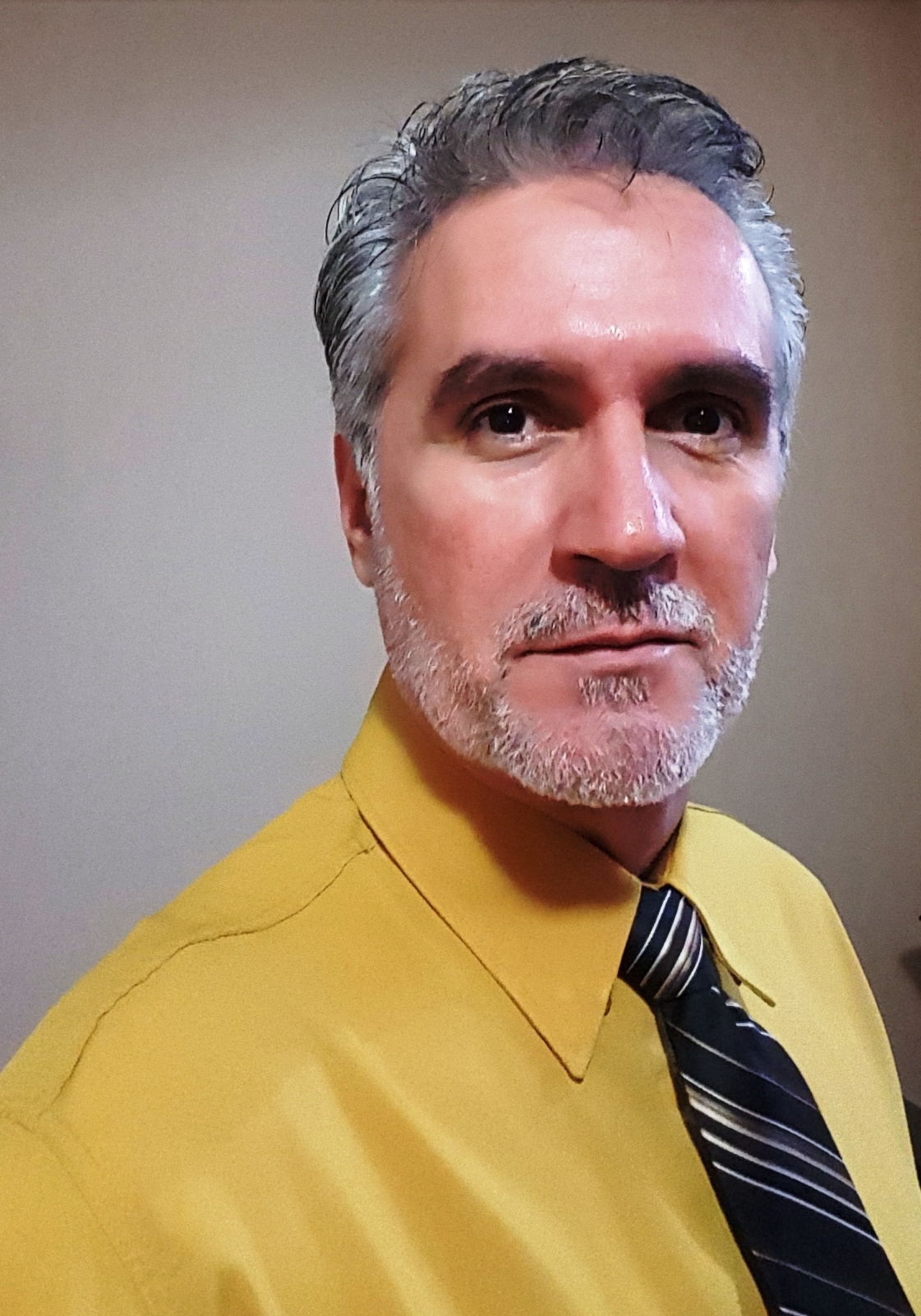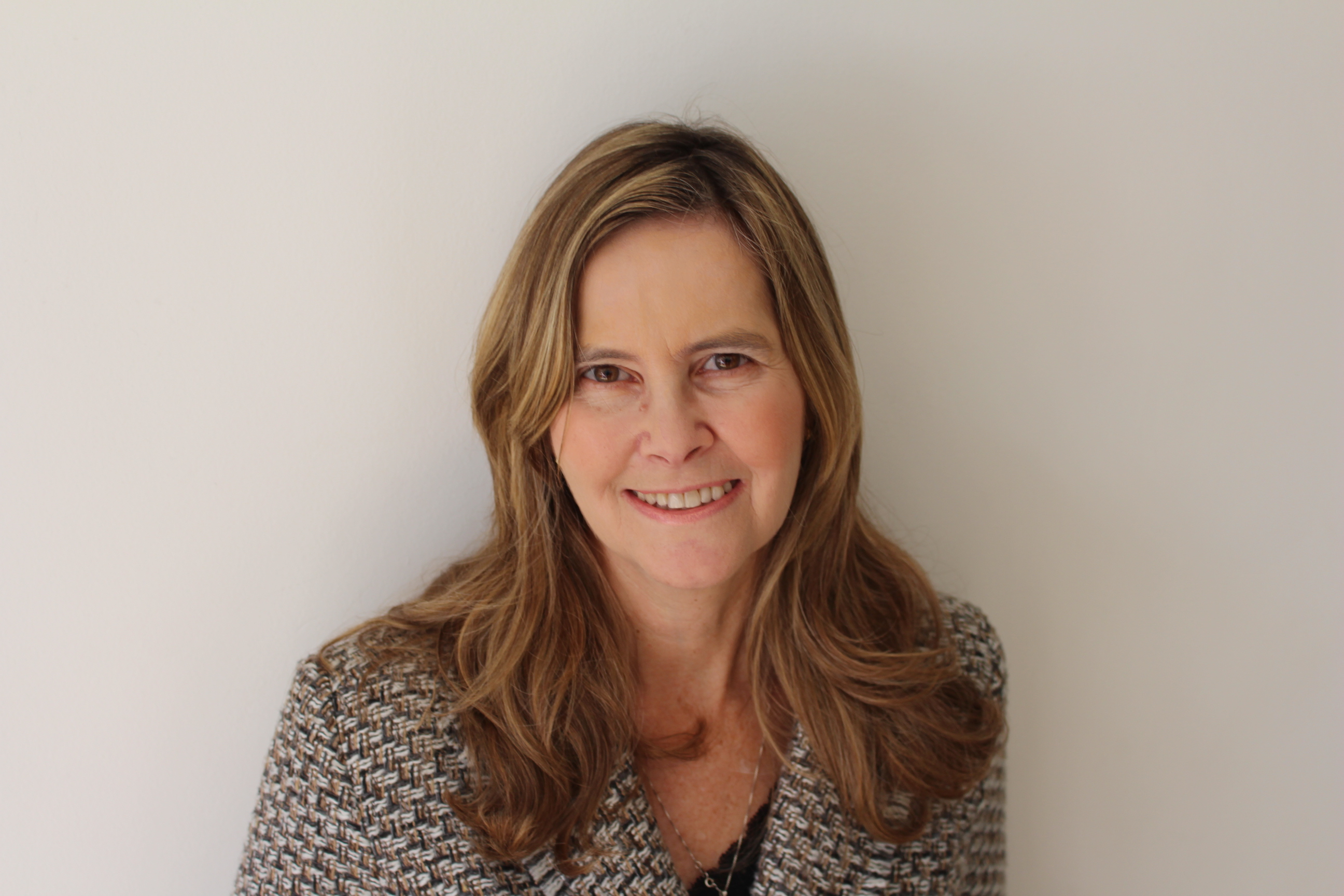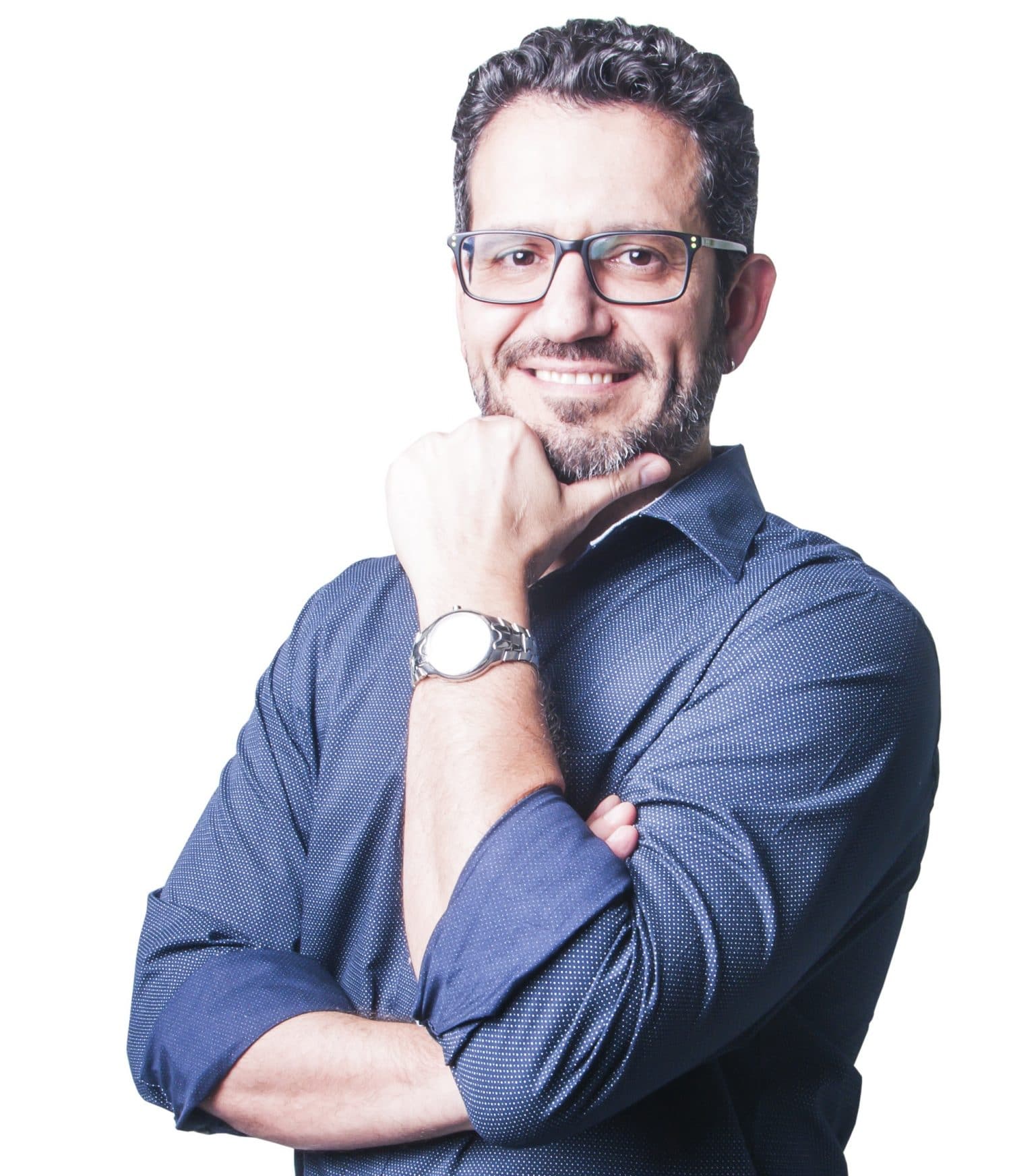The ever-changing nature of ELT in Brazil: How teaching practices reflect glocal changes – Part 2
Published on November 20th, the first part of this post tries to briefly describe the trends of ELT in Brazil from the early 90’s to the late 2000’s. In it, I also included the themes and topics of some of the plenary sessions in international conferences and the names of the speakers who delivered them.
In the second and last part of this article, I try to describe how the 2nd decade of the 2000’s addresses new trends and issues brought about by the demands of a society that now calls for more inclusion and acceptance of the changes the 21st century has imposed on all spheres of a fast-moving world.
“THE ART OF TEACHING” – São Paulo, 2010
Patricia Friedrich’s keynote address “BRAZ-TESOLers and Peace: Toward a New Era of Linguistic Understanding” was perfectly in tune with the theme of that year’s conference. The Art of Teaching seemed to have pushed the craft of teaching upwards by attributing to it a more ample dimension whose focus was to use the language in order to achieve results that went beyond the “simple” task of communicating in a foreign language. Here the Art consists of using the language not only as a powerful weapon to promote peace and understanding but also teaching students life skills that will hopefully help them bridge the gap between the classroom and the real world outside of it.
Other plenary lectures that seem to back up this perception include The Perils of Being a Linguist, by David Crystal, who claimed that “Misinterpreting a single word can lead a linguist into unforeseen and dangerous territory”; Teaching the Art of Life, by Steve Taylore- Knowles, who places heavier emphasis on why teaching life skills is a must in the language classroom and also changes teachers into holders of more specific responsibilities, and TESOL and the Meaning of Life, by David Nunan, who invites the audience to explore the meaning of art and its connection with science.
Naturally, a large number of talks and workshops continued to explore such all-time favorites as motivation, pronunciation, the use of movie (segments), techniques to teach the four skills, exam preparation and games to boost energy levels and fun in the classroom. Variety is the spice of life!
“PROUD TO BE” – Rio de Janeiro, 2012
The 13th BRAZ-TESOL National Convention, held in Rio in 2012, reflected some of the changes happening worldwide in the early 2010’s. A quick look at some of the plenary sessions suffices to illustrate the new trends at the beginning of the decade: Educating young learners for the 21st century – David Nunan; The myth of multi-tasking and the force of focus – Jeremy Harmer; Digital literacies – Nicky Hockly and Critical Thinking in Action – Lindsay Clandfield. However, revisited, updated and adapted ‘golden oldies’ also had a spot on the list of plenary sessions: Bored students? Tap into the brain’s reward system! – Herbert Puchta; 10 Characteristics of Highly Effective EF/SL Teachers – Christine Coombe and Proud to be Communicating in English – Kathi Bailey.
One session in this conference tackled quality control, a buzzword at the managerial level at the time: Total Quality Control in a Teaching and Learning Environment – Kilda Menicucci and Denise Grassano.
“PROUD TO BE” is a conference theme that seems to reflect that the Brazilian ELT community is gaining ever-increasing force as a result of the tremendous amount of work and dedication each one of the people involved with it have been putting in so that the association becomes bigger and more able to encompass cultural and welcome changes that never cease to happen.
“EMERGING IDENTITIES IN ELT”– João Pessoa, 2014
This is the official year when Braz-TESOL’s major event stopped being referred to as a National Convention and started to be called an International Conference, “…a title we believe better suits its current configuration and purpose.”, says Marcelo Barros, 2nd time president of Braz-TESOL for the 2013 – 2014 term of office.
Emerging Identities in ELT is a theme that promptly expresses the surfacing of new voices, needs and expectations stemming from fast-paced changes in the society both at the global and local levels. Social inclusion, technology, self-awareness, the status of English as a lingua franca along with all the implications this might have brought (and is still bringing) were tackled during talks, workshops and plenary lectures. Here are three of them:
Scott Thornbury’s Emerging Identities: The Learning Body looks at the association between the mind and the body in the process of second language learning. In his lecture, Mr. Thornbury explores a new field that suggests that physicality is paramount to language learning. Some practical (yet “tentative”, in his words) applications are also shared.
Having lived in Brazil for a number of years, Paul Seligson expertly talks about the need to personalize/adapt course materials and classes to cater to the needs and fears of Brazilian students trying to develop their new “English self”. Helping Brazilians to like their English Identity seeks to demystify the assumption that the acquisition of a second/foreign language can only take place by means of “imitating natives”.
Grounded on the neutrality of English as a lingua franca, How can we help language learners to express their identity? by Jeanne Perrett explores how teachers can help their students develop a new awareness that enables them to increase their confidence as speakers of a personalized language, one that carries both their personal and national identities.
Emerging Identities in ELT was unusually held in April/May due to occurrence of the 2014 FIFA World Cup in Brazil in July.
“THE LEARNERS’ VOICE: CREATING A PARTICIPATORY CULTURE” – Brasília, 2016
This was the theme of the 15th BRAZ-TESOL International Conference, held in Brasília in July 2016. In addition to revisiting “…a field which has matured over the years and consolidated pedagogical and professional practices…”, this conference states at the very start that a need for catering to the priorities of other voices should be addressed so that the demands of the 21st century are met by both learners and teachers. Here are some of the titles of plenary lectures that are clearly in tune with current issues and needs:
Languages without Borders: building a foreign language policy towards internationalization – Denise Martins de Abreu-E-Lima: This lecture addressed the strategies, challenges and outcomes of the Brazilian government’s program English Without Borders, whose main aim is to help universities improve their level of proficiency in English so the internationalization of Higher Education is achieved.
Co-constructing English teaching and learning through Glocalization – Yilin Sun: In her keynote address, Ms Sun talks about the need for teachers and learners to become ready for the challenges of co-constructing English teaching and learning in the 21st century.
Opening the door of the 21st century classroom – Gustavo Gonzales: This presentation defies teachers and educators to choose from making “the new millennium classroom paradise or hell.” In his lecture, Mr. Gonzales explains how digital technologies can be brought into the classroom and be put to good use to help learners become explorers of the world.
Some talks and workshops: Flipping and changing the participatory culture – José Antônio da Silva &Ana Cristina Gerim; Teaching the hearing impaired – Gustavo Lima Barcellos; The TEACHER’s voice: Aren’t we all learners after all?- Devora Ize Balsemao Oss.
“THROUGH THE KALEIDOSCOPE: MULTIPLE PERSPECTIVES IN ELT” – Caxias do Sul, 2018
Finally, this is the theme of the upcoming 16th Braz-Tesol International Conference to be held in Caxias do Sul from the 19th to the 22nd of July 2018. Although the bulk of the conference is already in place (i.e. some plenary speakers have been invited and confirmed their participation and talks and workshops have been received, assessed and approved for presentation), the final program is naturally still being worked on and not yet available.
Meanwhile, I would like to play around with the theme of next year’s conference. I am sure everyone knows what a kaleidoscope is and chances are that you have had, made or looked through one at any given point in your life. My question, though, is: Do you know the principle on which a kaleidoscope operates? If, like mine, your answer is, “I know what it is, but I can’t really explain it.”, this may help:
“A kaleidoscope operates on the principle of multiple reflection, where two or more reflectors are placed at an angle to one another. When the eye is placed at one end of the reflectors, the original view from the aperture on the other side is multiplied into a symmetrical mosaic pattern. A two-mirror kaleidoscope yields a circular pattern isolated against a solid black background, while the three-mirror equilateral triangle type yields an infinite pattern that fills the entire visual field.”
At this point you must be wondering where or what I am getting at. An International Conference that is based on the principle of multiple perceptions has all the chances of being nothing else but an earth-shatteringly unmissable event!
Here’s my metaphor for this conference’s motif: When you look through the aperture of a kaleidoscope, you always look at the very same small pieces of colored glass or any other transparent and/or opaque materials. Analogous to these colored bits could be students, teachers, classrooms, methods, techniques, principles and beliefs. However, because of the two or three-mirror equilateral triangle (i.e. our power to reflect – in the broadest sense of the word) and the earth-like rotation of the device triggered by our insatiable desire to explore new territories and views, our perception of the same tiny colored pieces will result in an ever-changing viewed pattern. What could incite you more to attend this upcoming conference than all this?
Perhaps the wine at the end of the day?…
Special thanks to: Cláudia Cavalcante – Office Manager, Braz-Tesol, who kindly and promptly
sent me the programs of some past International Conferences
REFERENCES:
https://hancockmcdonald.com/blog/braz-tesol-proud-be-communicating-english-kathleen-bailey-plenary





